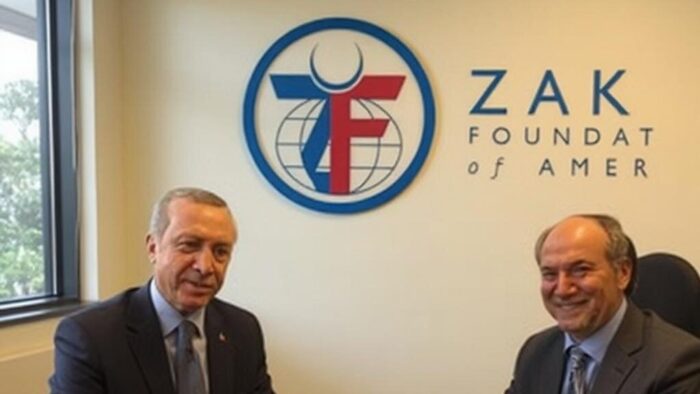The Center for Democracy & Technology, a US think tank, and the Konrad Adenauer Stiftung, a German think tank, have recently published a study comparing election disinformation in the US, Brazil, and France. The study argues that in each country, disinformation spreads along a number of vectors: foreign actors, domestic politicians, social media users, and the traditional media. According to the study’s executive summary:
December 2021 In 2016, Russian hackers released hacked emails from Democratic officials, rocking the U.S. presidential election. In 2017, a similar hack-and-leak operation released thousands of documents on Emmanuel Macron, just hours before the start of the French election period media blackout. In 2018, while Brazilians were voting for president, Jair Bolsonaro’s son circulated a misleading video that falsely implied that voting machines were converting votes from Bolsonaro to his rival. The day after the 2020 U.S. presidential election, driven by false claims about felt-tip markers (“Sharpies”) used to mark ballots, protesters descended on an election office in Arizona waving markers—and guns. Around the world, election disinformation—false or misleading information about electoral processes, election outcomes, political parties, political candidates, and the perceived legitimacy of election officials—appears to be taking hold. In many countries people are dissatisfied with how democracy is working. Less than half of people in the U.S., Brazil, and France report having confidence in their national government. And less than half believe that votes in their countries are counted fairly “very often.” (In Brazil, that number has dropped from 21% in 2014 to just 14% in 2018.) Low levels of trust in democracy and in government can create a vicious cycle when combined with election disinformation. For example, low trust may increase receptiveness to election disinformation, which in turn may further reduce trust in democracy. Research to understand this problem, particularly in an international context, is still nascent. This report examines case studies of election disinformation— and interventions aimed at combating disinformation—in the U.S., Brazil, and France.
Read the full study here.
In 2016 and 2017, respectively, the US and French elections were interfered with via hack-and-leak operations. In the US, Russia targeted Hillary Clinton and the Democratic party, while In France, the target was Emmanuel Macron’s presidential campaign. The study argues that the impacts on the US elections were significant but only minimal on France.





